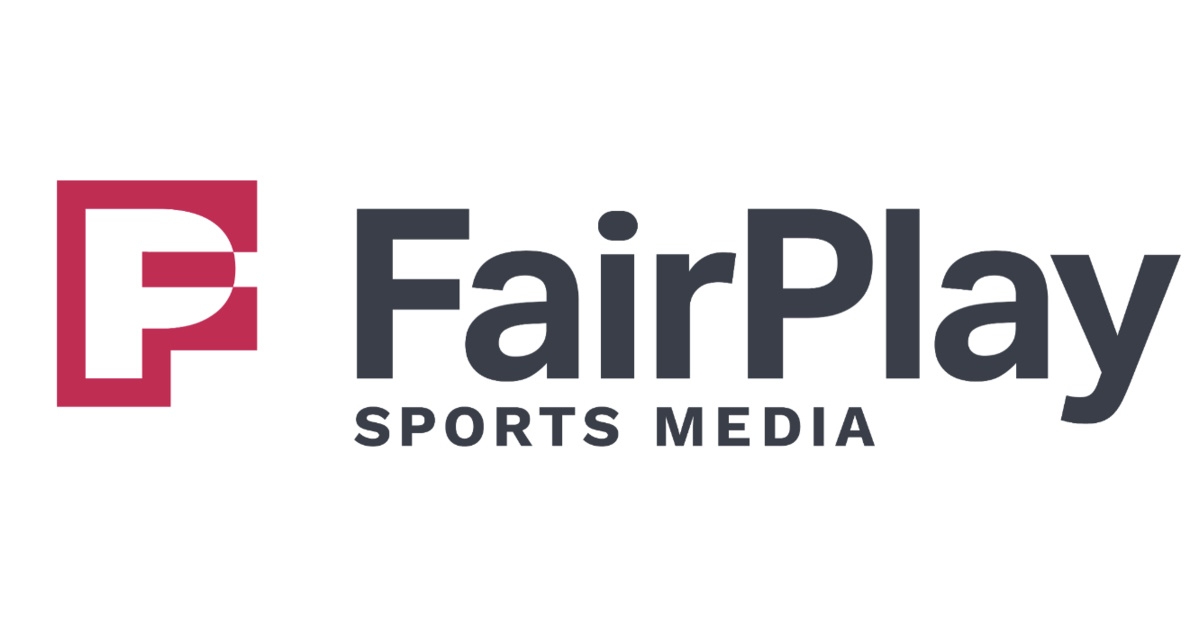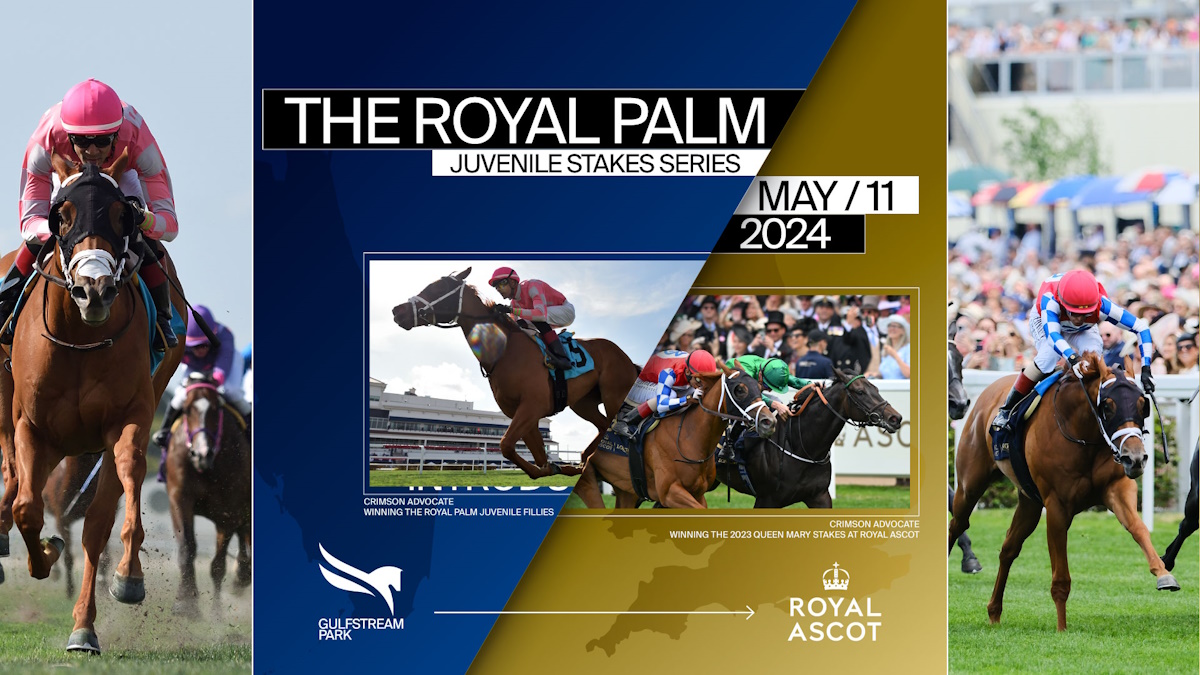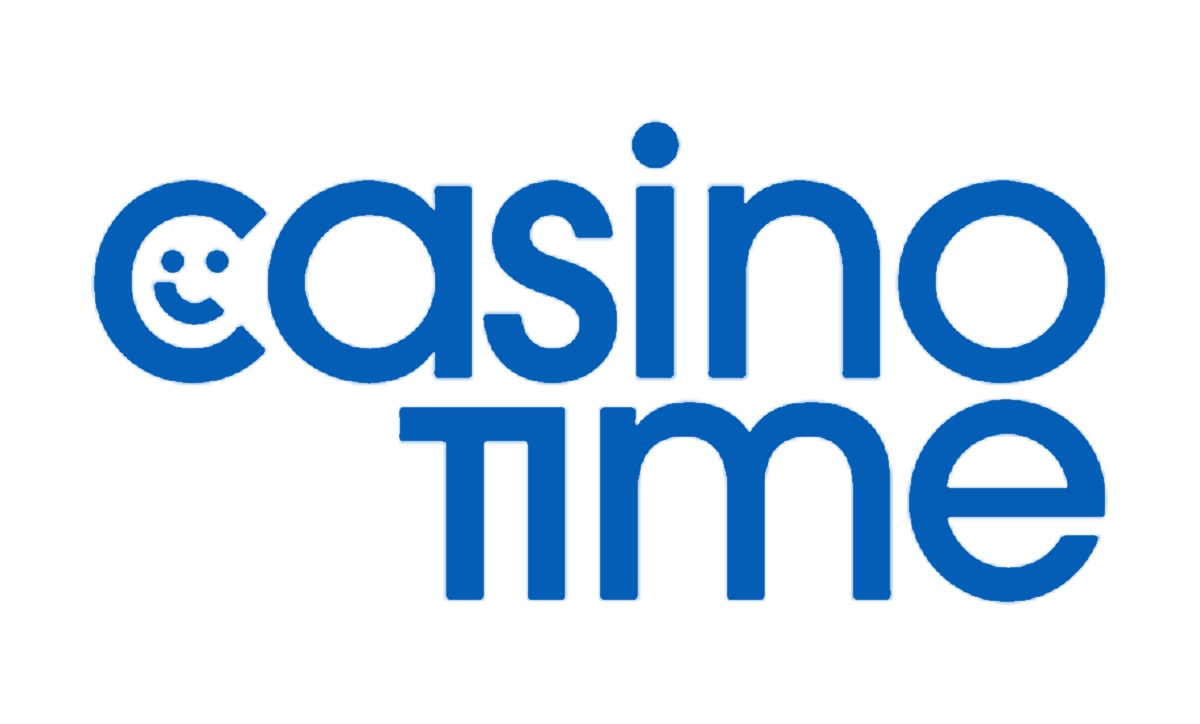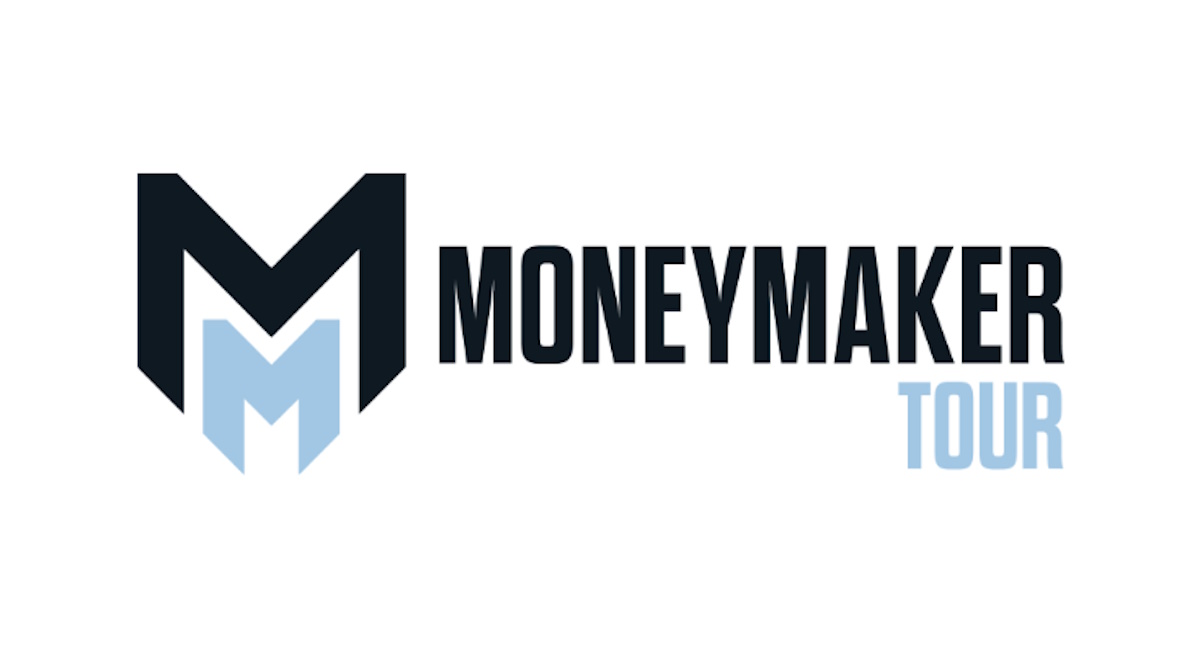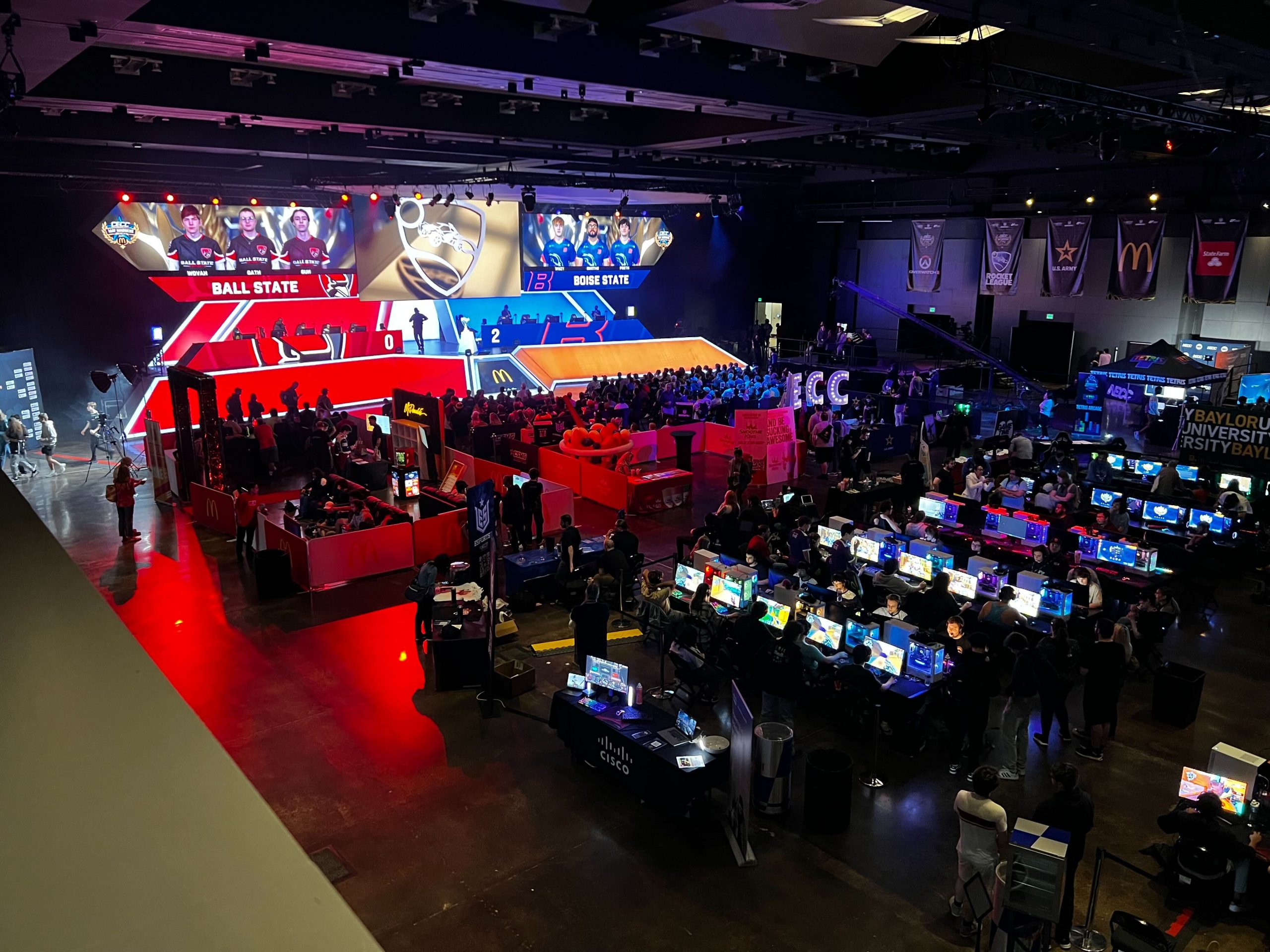
CECC Texas “May Madness” Scores Record Growth Again in its Fourth Year
Winthrop University, Ball State University, St. Clair College, and Illinois State University Crowned as Commissioner’s Cup Champions at the largest scholastic esports festival globally
McDonald’s of North Texas, State Farm, Apple Music, Red Bull, U.S. Army 5th Brigade, Smoothie King, along with other world-class partners lend valuable support for event
Collegiate Sports Management Group (CSMG) concluded its fourth Collegiate Esports Commissioner’s Cup (CECC) today crowning four new champions during the largest scholastic esports festival globally and celebrating another year of record growth. CECC Texas presented by McDonald’s welcomed more than 800 student-athletes representing 84 teams (up from 64 in 2023), including a record-breaking 19 conference champions, at Esports Stadium Arlington on May 2-5, along with thousands of fans. In total, 453 teams from 255 schools participated during the 2023-24 CECC season.
Champions included Winthrop University for Super Smash Bros.™ Ultimate through Generation Esports, Ball State University for Rocket League, St. Clair College for VALORANT, and Illinois State University for Overwatch 2®
“By elevating scholastic esports, we empower students, schools and conferences while fueling industry growth. This is a testament to the increasing interest from brands, media entities, publishers making this the ultimate destination for the scholastic esports and the gaming community.“ said Michael Schreck, CEO for CSMG. “CECC isn’t just a competition; we’re providing structure, recognition and endless opportunities to shape the future of esports.”
Arlington Mayor Jim Ross joined Schreck on stage during the event along with Arminda and Anthony Grissett, Owner/Operators of McDonald’s of North Texas, to announce CECC will return to Esports Stadium Arlington in 2025, marking it the third straight year Texas will host this event.
CSMG also announced during CECC Texas it has joined forces with Capcom to launch the College Street FighterTM Tour during its 2024-25 academic year with the finalists competing at CECC Texas in 2025 throughout its May Madness event. Wim Stocks will serve as the Commissioner of the College Street Fighter Tour and bring his 20 years of experience in college esports to create a dynamic and engaging format of competitive gaming.
CECC Texas offered something for everyone including the Texas High and Middle School Esports Championships, the National Esports Collegiate Conference (NECC) championship finals across League of Legends, Overwatch, Rocket League, and VALORANT, open tournaments for Street Fighter 6, Teamfight Tactics and HALO Infinite 2v2, the Smoothie King Super Smash Bros.™ Ultimate Open, through Generation Esports with a prize pool up to $5,000, gaming-themed onsite activations, and various industry panels.
McDonald’s of North Texas returned for the second year in a row as the presenting sponsor with various promotions and giveaways through the McDonald’s App as well as awarding a free custom @McDonalds PC built by @Oasis PC’s.
“McDonald’s of North Texas was thrilled to once again sponsor CECC and to see first-hand the incredible experience this tournament brings to the teams and fans nationwide,” said David Floyd, Owner-Operator with McDonald’s of North Texas. “As local business owners, it’s an honor that our community could serve as the center of the esports world this weekend. We were also delighted to add a delivery service this year, which was a great success. This feature allowed fans to order food and continue in their CECC experience.”
The ESPORTSU Collegiate Awards took center stage throughout the weekend recognizing leaders who are driving the ecosystem forward, including:
- Commissioner of the Year – J.J. Myers (NACE)
- Community Ambassador – Yugina Yun (Gen.G)
- Club of the Year – Indiana University
- Club President of the Year – TJ Stephens (University of Georgia)
- Club Impact Award – Arizona State University
- Rising Star Award – Greyson Harding (Michigan State University)
- Coach of the Year – Ethan Stone (Indiana University)
- Director of the Year – Chris Bilski (Michigan State University)
- Program Impact – Michigan State University
- Ally of the Year – Christopher Turner (Southern University)
- Program of the Year – St Clair College
- CECC School of the Year – Winthrop University
The ESPORTSU Awards Committee Members included Kyler Tandal (ESPORTSU), ToniAnn Convertino (ESPORTSU), Nikita Bair (Syracuse University),Joey Gawrysiak (Syracuse University), Aaron Colaiacomo (Fisher College), Adam Antor (Ferris State), and Chase Neukam (St Cloud State University).
Finally, the Aurora Series, dedicated to supporting all who identify with a marginalized gender, made its debut at CECC Texas with the University of Houston Scarlet defeating the University of North Texas in a thrilling VALORANT match 13-11 on the main stage.
“The power of esports was on full display this weekend as many colleges are continuing to push this as the ‘new sport’ on campuses across the nation,” said Angela Bernhard Thomas, Chief Esports Officer for CSMG. “The students arrived in all their team gear, the fans came out to cheer, and the brands integrated into the competition. We’re excited to continue to shape the future of the ecosystem.”
Super Smash Brothers Ultimate through Generation Esports – Winthrop University
2nd seeded Winthrop University battled back after losing the first game to beat defending champion and 5th seeded Fisher College (Northeast), 3-1. Winthrop never backed down throughout the tournament, especially in the Grand Finals with Carlos “Sonix” Perez on the Fisher squad, who is considered a top 10 player globally in Super Smash. Bharat “Lima” Chintipall, a sophomore majoring in computer science from Dallas, TX, was named MVP for the tournament.
Winthrop advanced to the finals beating the 6th seeded University of Texas-Arlington 2-0, while Fisher College (Northeast) denied its fellow students and number one seeded Fisher College (East) 2-1 in best-of-3 series.
Rocket League – Ball State University
In one of the most epic Grand Finals in Rocket League, the top seeded Ball State University needed overtime in the final game of the best-of-7 series to beat the three seeded Boise State University, 4-3. No team won a game by more than one goal throughout the match. Arlin “Oath” Burns, a graduate student majoring in clinical mental health counseling from Westfield, IN, was named MVP for the tournament.
In the semi-finals in the best-of-7 series, Ball State bounced the 5th seeded University of Akron 4-0, while Boise State knocked out the 7th seeded Fisher College, 4-2.
VALORANT – St. Clair College
The 5th seeded St. Clair College completed the sweep in a best-of-3 series to defeat 3rd seeded Blinn College, 2-0. The Saints from Windsor, Canada, become the first non-U.S. college to win a CECC championship. Tanner “geeza” McGhee, a freshman majoring in business from Camarillo, CA, was named MVP for the tournament.
In the semi-finals in the best-of-3 series, St. Clair edged out the 8th seeded Winthrop University, 2-1, while Blinn College held off the 2nd seeded Fisher College (White), 2-1.
Overwatch 2 – Illinois State University
The 6th seeded Illinois State University captured their second CECC trophy in three years after taking down the 5th seeded Northwood University, 3-0, in a best-of-5 series. The Redbirds captured their first title at CECC Atlanta in 2022. Denis “Lethal” Tari, a sophomore majoring in business administration from Dubai, took home MVP honors for the tournament.
In the semi-finals in the best-of-5 series, Northwood upset the top seed Winthrop University, 3-1, while Illinois State advanced by sweeping the 2nd seeded Fisher College Esports, 3-0.
Semi-Finals (best-of-5)
Brand Partners and Talent Elevate CECC Texas
CECC Texas grew its partners from 2023 with the support of McDonald’s of North Texas, State Farm, U.S. Army 5th Brigade, Smoothie King, CTRL, Arlington Convention and Visitors Bureau, Apple Music. Zipchair Gaming, Dairy MAX, Dallas Cowboys Game Time presented by Lenovo, Cisco, Red Bull, Oasis PC, Cirkul, Grand Canyon University, and U.S. Army ROTC, who activated throughout the event.
The broadcast team featured a stacked group of professional esports hosting, desk analyst, and casting talent. The event was stage hosted by Elyse “Herculyse” Herrera and floor hosted by Mathew “Septilence” Corfee II. The desk analysts included Carlos “Carlos Ivan” Braadt, Miles “KilomilesIRL” Catenza, Logan “Catinator” Brown, Cassandra “Chixxa” Meltsch, and Madison “N3RDYBIRD” Benge. Shoutcasters included Keegan “ClutchKey” Ohta and Jesse “Twinsalty” Brawders for Overwatch 2, Samuel “SamTalkz” DeLoach II and Sierra “ Zhobiii” Fisbee for VALORANT, Oliver “Bass” Bass and Jeffrey “TheDangerTaco” Skalamera for Rocket League, and Phil “EE” Visu and Saeed Hassan “Sai” Shareef for Super Smash Bros. Ultimate.
Creators also streamed their own CECC Texas experiences directly to their audiences on their channels. Well-known Twitch personalities included Hungrybox for Super Smash Bros.™ Ultimate, TenacityTV for Rocket League, QuarterJade for VALORANT, and Flats for Overwatch 2®, creating a new engagement platform to build college esports fandom.
The Road to Texas featured official CECC sanctioned tournaments including the CECC Midwest Online Regional, CECC East Regional presented by the US Army and Army ROTC at Helix eSports in Foxborough, Mass. CECC South Regional, CECC West Regional, the Big Esports Conference live championship event at The Ohio State University and Game Arena featuring fourteen Big 10 schools, the Atlantic Coast Esports Conference online Rocket League championship, the Western Cactus League live championship at Grand Canyon University, the Military Services Academy qualifier, the ESPORTSU n’ I All Womens Qualifier, and the very competitive Last Chance Qualifier.
Champions representing participating conferences that receive automatic bids include the: Atlantic Coast Esports Conference, Big Esports Conference, Big Sky Conference, Eastern Collegiate Athletic Conference, East Coast Conference, Great Lakes Esports Conference, Great Lakes Intercollegiate Athletics Conference, Metro Atlantic Athletics Conference, Mid-American Conference, Mid-Atlantic Esports Conference, Midwest Esports Conference, Missouri Valley Conference, Mountain West Conference, National Esports Collegiate Conferences, National Junior College Athletics Association Esports, Peach Belt Conference,,Western Cactus League and Western Esports Conference
Full list of CECC Texas-qualified teams (in order of seeding):
Super Smash Brothers Ultimate (through Generation Esports)
Fisher College (East), Winthrop University, Northwood University, University of California-Riverside, Fisher College (Northeast), University of Texas-Arlington, Lubbock Christian University, Manchester College (Indiana), University of Akron, New Jersey City College, Oakland University, Wichita State University, Quinnipiac University, Sacramento State University, University of Houston, University of Miami-Ohio, Southwestern Oklahoma State University, San Jose State University, Marist College, University of North Texas, Southern New Hampshire University, Illinois State University, Arizona State University, and Michigan Tech University.
Rocket League
Ball State University, Boise State University, Indian River State College, Nichols College, University of Akron, Lubbock Christian University, Maryville University, St. Clair College, Davenport College, Fisher College, Syracuse University, Indiana University, University of Arizona, Old Dominion University, University of Air Force, Northern Arizona University, San Jose State University, Staten Island College, Montevallo University, and Saint Xavier University.
Valorant
Blinn College, Simon Fraser College, Northwood University, Fisher College (White), St. Clair College, Fisher College, San Jose State University, Winthrop University, Texas A&M University, Brewton-Parker College, Converse University, Boise State University, Grand Canyon University, Purdue University, Northeastern University, Utica University, Manhattan College, University of North Texas, University of Air Force, and Saint Xavier University.
Overwatch® 2
Wintrhop University, Maryville University, Fisher College, Northwood University, Arizona State University, Illinois State University, University of California-Irvine, Fisher College (Freaks), Converse University, Boise State University, Blinn College, Bryant and Stratton College, University of Miami-Ohio, Southern New Hampshire University, University of Maryland, University of Texas-Arlington, Grand Canyon University, Cleary University, University of Army-West Point, and Salt Lake Community College.







